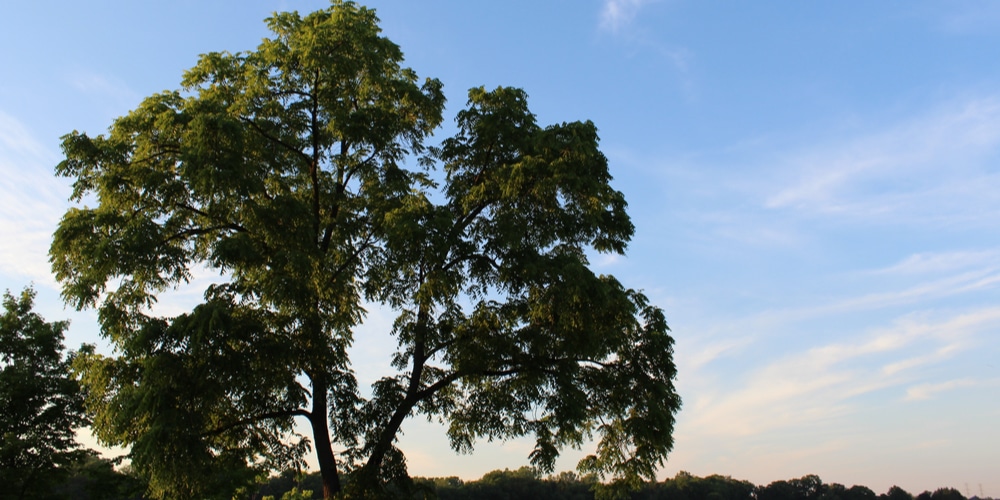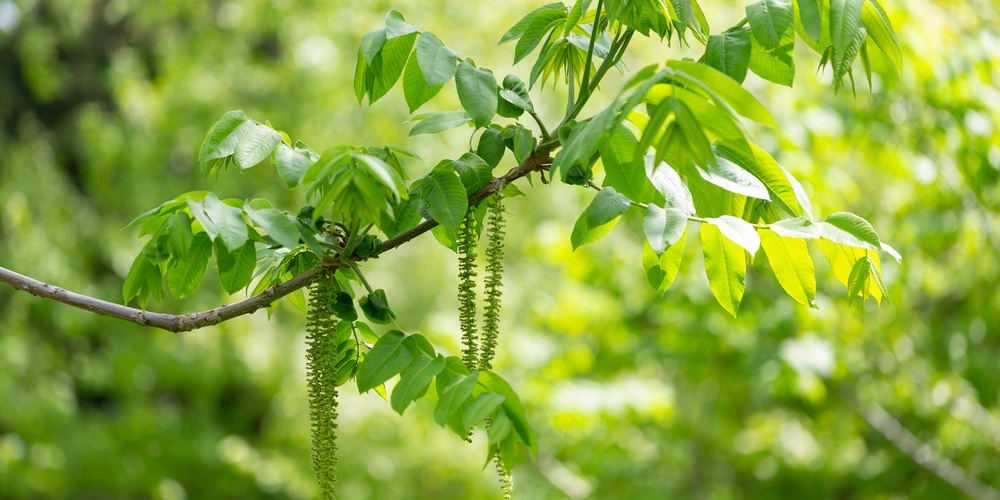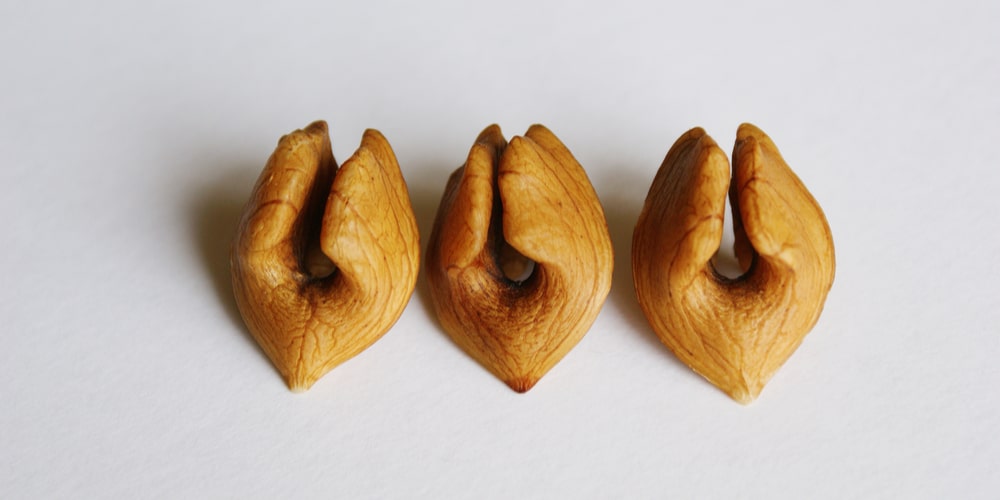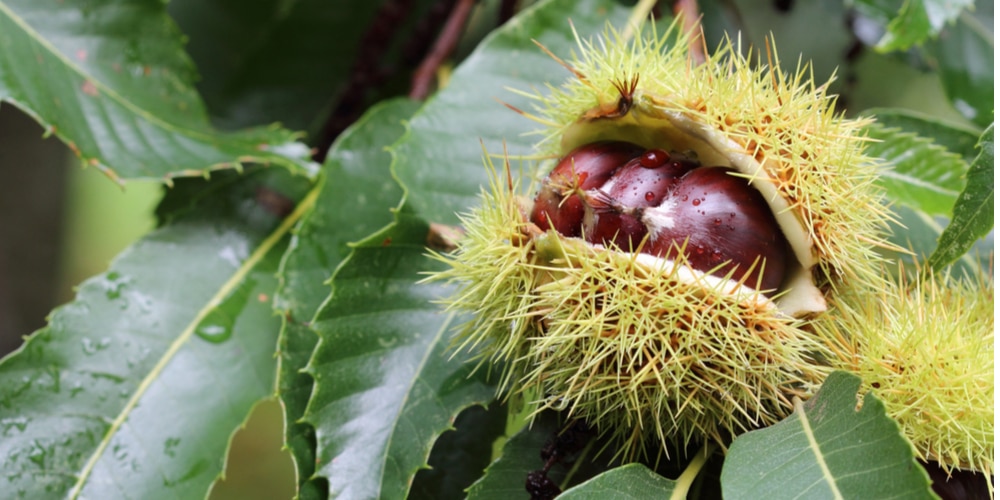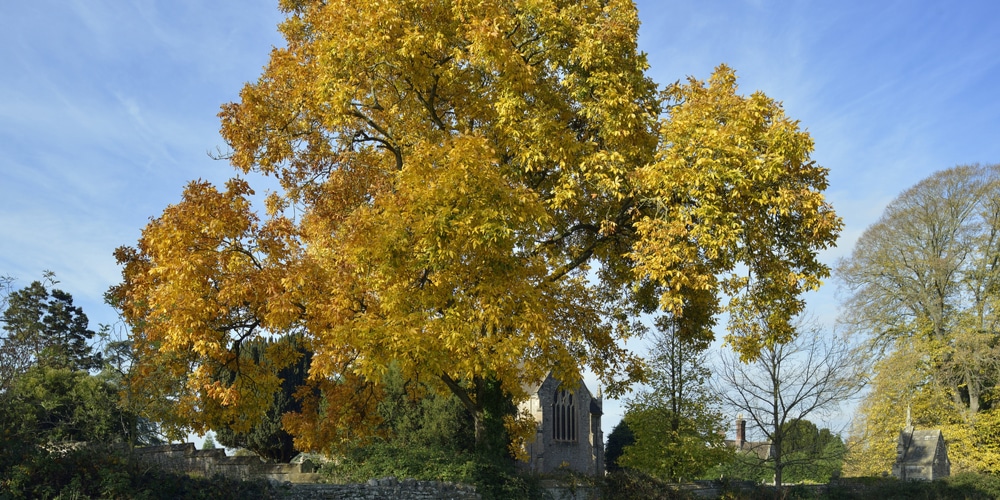If you want to plant a shade tree in your garden, you should consider getting a nut tree. Despite what you may be thinking, nut trees are not only suitable to warm climates. If you live in zone 4, you can choose among several varieties. We’ll go over them (and how to make the most out of these trees) in this “Zone 4 Nut Trees” essential guide.
Don’t forget that growing nut trees requires some patience. Most varieties won’t start producing their fruits three to five years after being planted. And some take even longer. The good news is that taking care of them isn’t particularly challenging, provided that you give them plenty of sunlight and ensure you plant them in well-drained soil.
Zone 4 Nut Trees: Which Varieties Can you Grow
If you live in zone 4, you must think beyond the nuts you see in grocery stores if you want to plant a nut tree. Indeed almonds and pecans won’t grow well in your area: they are more suitable to the Southern regions. But that doesn’t mean you can’t grow nut trees. Only, you’ll have to choose the proper species.
These plants have dense foliage that will enhance the looks of your garden all year round: over spring and summer, you can enjoy the dark green leaves and blooms, while during the fall, the tree will add some color to your dormant garden by turning to a golden color. Besides this, nut trees also produce flavorful and nutritious nuts.
Black Walnut
Black Walnuts are native to northern climates. These trees do well in the cold and generally live for long. However, you will have to be patient to see the first nuts coming out of your tree.
Black walnuts only begin fruiting at about four years old and will give you larger crops after they turn twenty. While black walnuts are edible, they are hard to crack. Take that into account if you are trying to grow a nut tree for its fruits. Other than that, black walnut is a valuable landscaping tree easy to grow in zone 4.
Carpathian Walnut
The Carpathian Walnut looks similar to traditional walnuts, but they are more tolerant to low temperatures. Their fruits are sweet and rich in nutrient content. The tree has a rounded spreading crown that grows lush under ideal conditions.
Expect your tree to reach about 40 to 60 feet in height. Plant it somewhere with adequate room to accommodate its growth, and don’t forget to add much around your tree before winter to regulate soil temperatures.
Butternut
Butternut is a plant native to Canada that can withstand even the coldest temperatures. However, they are susceptible to a disease that causes their death. If there aren’t other butternut trees around your property, you can safely plant them.
Otherwise, consider another variety. Butternuts are easy to peel and delicious to eat. The tree can grow up to 60 feet in height and be a stunning addition to any landscape.
Heartnuts
Heartnuts are similar to butternut but are native to Japan. You might find hybrids between the two, often referred to as “Buartnut.” Heartnuts are not challenging to grow, provided that you place them under full sun and fertilize them once per year during the spring. Their fruits are easy to crack. As the name suggests, they come in the shape of a heart: cute, right?
Chestnuts
Chestnuts are wild trees that got rarer after blight killed most of them in the 20th century. Today, you can plant a chestnut and expect it to thrive without damage when isolated from other chestnut species. You can even find hybrids resistant to blight.
However, if you have kids running around your garden, you must be careful where you plant your tree. These nuts grow in spiky husks that can be painful to step on.
Related Article: When to Plant Dunstan Chestnut Trees?
Hickory Nuts
Hickory nuts are stunning trees that produce tasty fruits. However, you won’t see them until they are around 80 years old. Still, you can enjoy their dense foliage: it creates attractive shade and adds character to your garden all year round. Plus, you may be doing your grand childer a favor by planting this delicious nut tree in your garden!
Zone 4 Nut Trees: Conclusion
These are only a few nut trees you can successfully grow in zone 4. Always check your local weather conditions and the species’ requirements before picking a variety. Ensure you can meet its requirements and let it thrive in your garden!
